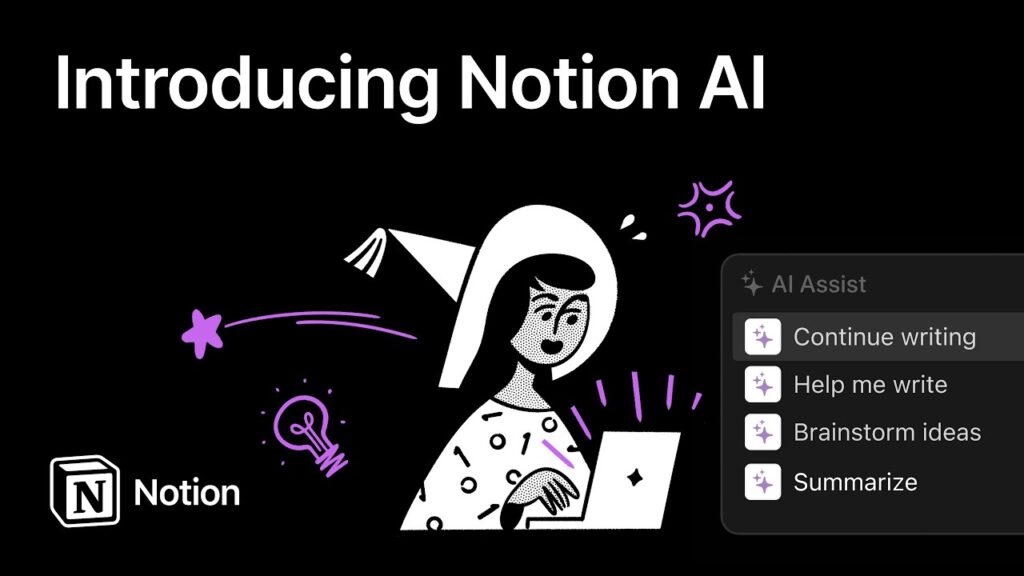Last updated on December 28th, 2022
There are many different things that can trip up a copywriter, and sometimes it’s hard to know where you went wrong. Level up your copywriting and save time, money, and accelerate your career growth by avoiding these seven common mistakes.
#1 – Not Doing Your Research
Not understanding the product or service you’re promoting
We’ve all been there – you’re assigned a new piece at work and you have to quickly learn everything there is to know about the product or service before writing about it. But there’s a problem – you can’t even figure out what the product does, let alone how to sell it. So what do you do?
Every product has a unique personality and it is your job to find it.
Here are a few tips for understanding a product or service well enough to effectively promote it:
- Talk to the people who created it. If you can’t figure out what a product does, the best people to ask are the ones who made it. They can explain what it’s for and how it works in detail.
- Do your research. Once you understand the basics of what the product does, you can start researching it in more depth. Read reviews, articles, and anything else you can find on the internet.
- Try it out yourself. If the product is something you can use, use it yourself and see how it works. This can be a great way to understand its features and benefits, and any pros/cons.
- Ask questions. If you’re still unclear about something, don’t be afraid to ask questions. Chances are, if you’re confused, other people are too. Asking questions can help you figure out what’s important to focus on when promoting the product.
Using anecdotes
Claims without research or evidence are called anecdotes. You might’ve seen this happen on social media, where people make claims about their lives or beliefs, without any data or science to back it up. This is dangerous because it can lead to misinforming your reader, and having them believe things that may not be true.
Using anecdotes in your copywriting makes it unreliable, and readers may be (and should be) skeptical of them. If you don’t have any research or evidence to support your claim, it’s best not to make it at all.
#2 – Not Understanding Your Target Audience
Focus on creating content that speaks to your reader
There is a common saying that goes, “If you’re speaking and no one is listening, then you’re just making noise.” This applies to marketing copy as well. If you don’t understand your audience or what will resonate with them, then it doesn’t matter how many people see your copywriting — they will ignore it because they are not interested.
Your content is irrelevant or outdated
In today’s fast-paced world, it’s more important than ever to make sure that your content is relevant and up-to-date. This means keeping up with the latest trends in your industry and making sure your content reflects that. Updating your older content to optimize it is also important to ensure accuracy and relevancy. If not, people will quickly lose interest.
#3 – Not Being Clear And Concise
Your readers should never be wondering what it is you’re trying to say. Be clear and concise in your writing and avoid being overly complicated. Use simple language that your readers can easily understand. As Google’s search algorithms continue to get smarter, I bet it’ll help with SEO too!
Using too much jargon
Jargon is the technical vocabulary and specialized language of a particular industry or group. It can be helpful in communicating with others who are familiar with the same field, but it can also be exclusionary and make your writing less accessible. It can make your writing sound like you’re trying to impress rather than communicate. When in doubt, err on the side of using simpler language
Using too many modifiers
Overusing modifiers can make your writing sound cluttered and make it difficult for readers to understand what you’re trying to say. When using modifiers, be sure to use them sparingly and only when absolutely necessary. Doing so will help ensure that your writing is clear and concise.
Trying, and failing with humor
You can sometimes try to be too clever with your wordplay and end up confusing or alienating your audience. Writing a witty, pun-filled headline can give you and your editor a chuckle, but if your audience doesn’t understand it, you’ll likely miss the mark.
#4 – Not Having A Clear Call To Action
What should the reader do?
If you don’t have a clear call to action, your readers may not know what you want them to do next. Make sure your CTA is specific and easy to follow, so that your readers can take the necessary action. You can’t expect your visitors to do what you want them to do if they have no idea what it is.
Multiple CTAs
While you need to avoid making CTAs too complicated, confusing or vague, you also need to avoid bombarding visitors with too many. Stick to one CTA and make it stand out from everything else on the page to inspire conversions.
#5 – Not Being Unique
Being boring
Your readers are busy people, so make sure your copy is anything but boring. Write with a sense of urgency and use active language to engage your reader. In other words, avoid being boring at all costs.
Tell the truth, but make the truth fascinating. You know you can’t bore people into buying your product, you can only interest them into buying it


Using cliched words or phrases
Using phrases like “In today’s economy”, ” robust growth”, and “thriving industry” are overused to the point where they’ve become meaningless. If you want your writing to sound fresh, avoid these cliches like the plague.
Copying the works of others
This is not only plagiarism, but it’s also ineffective. Your readers can tell when you’re phoning it in, and it makes you look lazy and unoriginal. If you want to be a successful professional copywriter, you need to find your own voice and style.
#6 – Not Using Persuasive Language
Utilizing persuasive language is a must when you’re trying to get someone to see your point of view – whether that’s in marketing, or in everyday life. There is a fine line between persuasive and pushy, and it’s important to be aware of the distinction.
While you want to be convincing, you don’t want to be overly forceful or aggressive. This can turn people off and make them less likely to listen to what you have to say. Some common persuasive language mistakes to avoid include:
- Using too much “demanding” language. For example, saying “you need to buy my product” can come across as pushy. Instead, try using phrases like “our product can help you” or “why you might have interest in our product.”
- Making promises you can’t keep. Be careful not to oversell your product or service. If you make claims that are too good to be true, people will see right through it and it will damage your credibility.
- Being too negative. While it’s important to address potential objections, you don’t want to dwell on them too much. This can make you seem pessimistic and defeatist. Instead, focus on the positives and what your product or service can do for your audience.
#7 – Not Being Able To Take Criticism
One of the hardest things to do in life is accept criticism, particularly when it feels personal. You’ve invested time and engery into your writing, so it’s easy to get defensive and react emotionally instead of rationally thinking about what the person is saying.
If you can’t take criticism well, you’re going to have a hard time growing as a writer. Feedback is essential for growth, whether it’s in our personal or professional lives. If we can’t learn to accept criticism and use it to improve ourselves, we’ll never reach our full potential.
Conclusion
So there you have it – the 7 biggest mistakes copywriters make. While I’ve made some (or all!) of these in my writing, and probably will again, being aware of and avoiding these common mistakes will put you ahead of the game. Now get out there and start writing some great copy!




